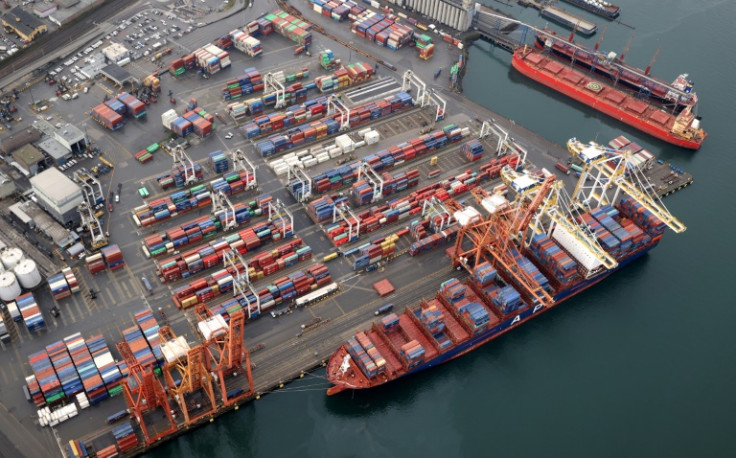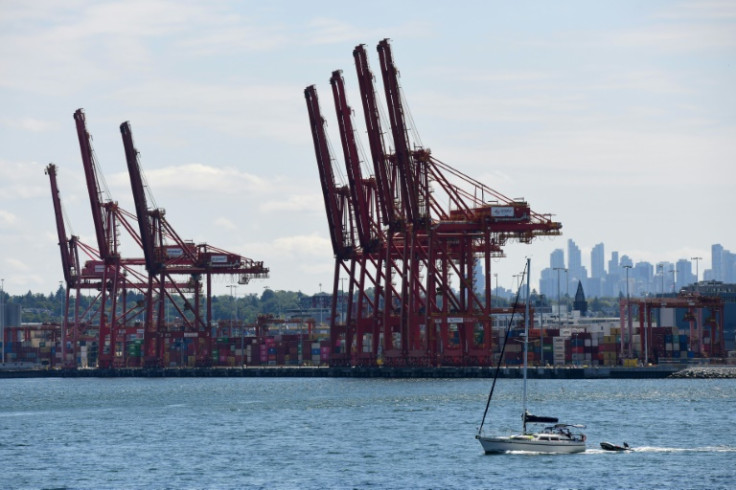Proposed Settlement Rejected, Strikes Continue At Canadian Docks

KEY POINTS
- ILWU Canada has rejected a proposed settlement to end its strike
- A strike began but was deemed illegal with the lack of notice provided
- Both sides disagree on the settlement meeting the needs of the ILWU Canada
Unionized Canadian dock workers are back on strike after failing to reach an agreement.
After 13 days of striking, the Canadian port strike came to a temporary end on July 13, as a proposed settlement was offered through a federal mediator. The proposed settlement was immediately ratified by the British Columbia Maritime Employers Association.
As of Tuesday, the International Longshore and Warehouse Union Canada has rejected the proposed settlement.
With the rejection of the settlement, the union announced its intent to strike again, beginning Tuesday at 4:30 PM PDT. This intent was found illegal as Canadian law requires 72 hours notice, and the strike has been ordered to cease. As a result, ILWU Canada released a 72 hour notice of a strike.
The ILWU Canada released a press statement on their website explaining why it rejected the proposed settlement. The ILWU believes "the recommendations had the ability to protect our jobs now or into the future" and that the "term of the collective agreement that was given with today's uncertain times, is far too long."
The union said its position "since day one has been to protect our jurisdiction and this position has not changed,"
"With the record profits that the BCMEA's member companies have earned over the last few years the employers have not addressed the cost of living issues that our workers have faced over the last couple of years as all workers have," the ILWU statement said.
The ILWU Canada has still not responded to request for comment by the International Business Times.
BCMEA released its own press statement on the details of the proposed settlement.
"This fair and comprehensive package could not satisfy some of ILWU internal caucus leadership, and in rejecting this tentative agreement," the BCMEA statement said. "ILWU Leadership is choosing to further harm Canada's economy, international reputation and most importantly, to Canadians, their livelihoods and all those that rely on a stable supply chain."

Some of the available details of the proposal covered the concerns of the ILWU Canada, such as "considerable hikes in wages and benefits over and above the ~10% increase received over the past three years," and providing "benefit coverage for all casual trades workers, a tool allowance, and a commitment to increase apprentices in the industry by 15%" along with addressing "the union's concern regarding 'contracting out' work and measures to improve training, recruitment and retention of ILWU trades workers now and in the future."
This agreement would have been for four years, but was rejected by "ILWU's internal caucus leadership...before it was even taken to a vote of the full union membership," according to the BCMEA.
The BCMEA fears the continued spread of damage to both the Canadian economy and its global reputation. With Canada's use of the just-in-time delivery system, the delays cost exponential time to make up, with each day of port closure causing up to a week in supply chain delays.
By the end of the first strike, the estimated cost of disrupted shipping had reached over $8.6 billion, according to the BCMEA. With the ILWU Canada declaring a new strike, the economic disruption could be even larger.
© Copyright IBTimes 2024. All rights reserved.






















